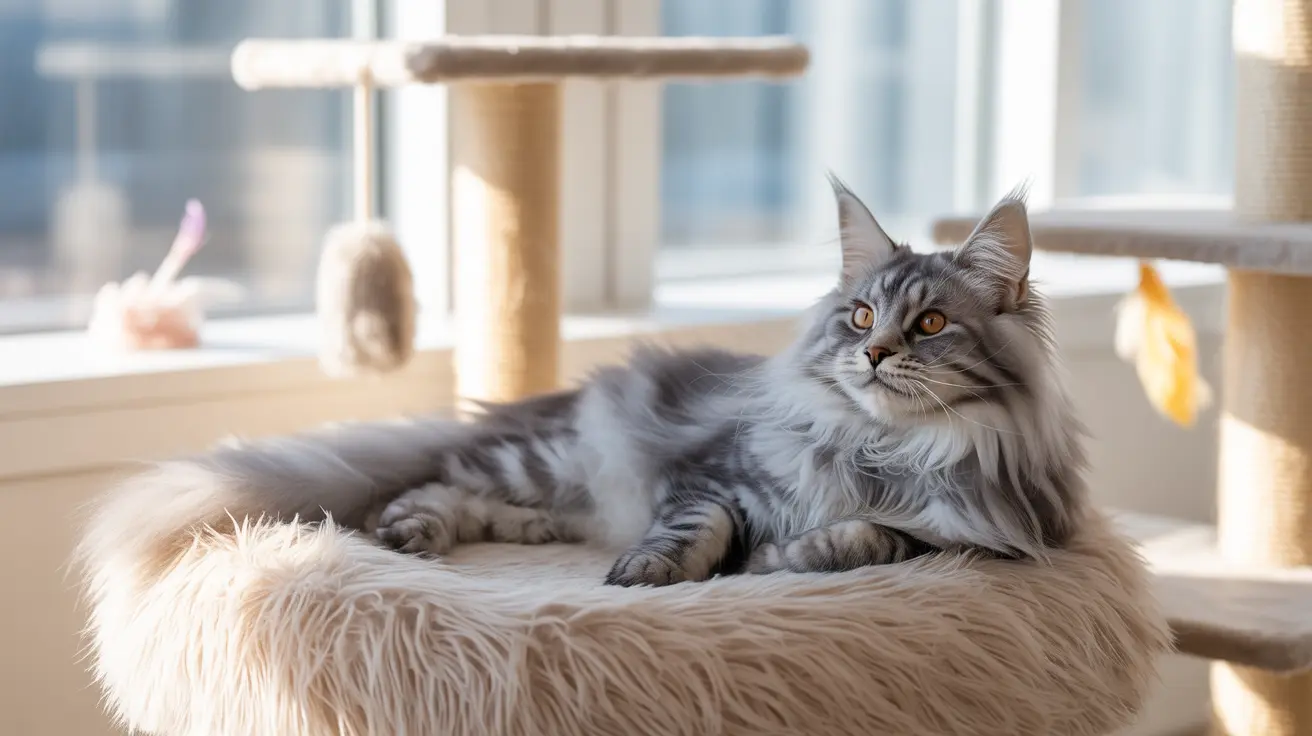Becoming a cat breeder is a rewarding yet challenging endeavor that requires dedication, knowledge, and a genuine passion for feline welfare. This comprehensive guide will walk you through the essential steps, requirements, and considerations for starting your journey as a professional cat breeder.
Whether you're drawn to the elegance of Persians or the playful nature of Maine Coons, understanding the complexities of cat breeding is crucial for success in this field. Let's explore what it takes to establish and maintain a reputable breeding program.
Essential Requirements for Cat Breeding
Before diving into cat breeding, you must ensure you have the necessary resources and capabilities:
Space and Facilities
- Separate quarters for male and female cats
- Birthing and nursery areas
- Quarantine facilities
- Play and exercise spaces
- Storage for supplies and equipment
Financial Investment
- High-quality breeding cats ($1,000-$3,000 per cat)
- Medical testing and veterinary care
- Facility setup and equipment
- Registration fees with cat associations
- Emergency fund for unexpected complications
Building Your Knowledge Base
Breed-Specific Education
- Breed standards and characteristics
- Genetic health issues
- Proper nutrition requirements
- Breeding timing and techniques
- Kitten development stages
Professional Connections
- Experienced breeders who can mentor you
- Reputable veterinarians specializing in breeding
- Cat breed associations and clubs
- Other professionals in the cat fancy community
Setting Up Your Breeding Program
Selecting Breeding Stock
- Purchase from reputable breeders
- Verify health certifications and genetic testing
- Check pedigrees and show records
- Evaluate temperament and conformity to breed standards
Legal and Administrative Setup
- Local breeding regulations and licenses
- Business registration requirements
- Insurance coverage
- Record-keeping systems
Managing Your Cattery
Daily Operations
- 20-25 hours weekly commitment
- Regular health monitoring
- Meticulous cleaning routines
- Socialization of kittens
- Marketing and client communication
Health and Welfare
- Regular veterinary check-ups
- Genetic testing programs
- Vaccination schedules
- Proper nutrition and supplements
- Environmental enrichment
Frequently Asked Questions
How do I choose the right breed to start a cat breeding program?
Research different breeds thoroughly, considering factors like popularity, health issues, and market demand. Visit cat shows, talk to experienced breeders, and spend time with various breeds before making your decision.
What are the initial and ongoing costs associated with starting a cat breeding business?
Initial costs typically range from $5,000-$10,000, including breeding stock, equipment, and facility setup. Ongoing monthly expenses can range from $500-$1,500 for food, supplies, veterinary care, and marketing.
How much time and space do I need to dedicate to maintaining a successful cat breeding operation?
Plan for 20-25 hours per week minimum and a dedicated space of at least 200-300 square feet for a small breeding program. This should include separate areas for breeding cats, kittens, and quarantine.
What are the essential health tests and genetic screenings required for breeding cats?
Required tests typically include FIV/FeLV screening, genetic tests specific to your breed, regular veterinary examinations, and any additional testing recommended by breed associations or required by law.
How do I ensure my cat breeding program adheres to ethical standards and best practices?
Join recognized breeding associations, follow their codes of ethics, maintain transparent health testing practices, and prioritize the welfare of your cats over profit. Limit breeding frequency and carefully screen potential kitten buyers.
Conclusion
Becoming a cat breeder requires significant preparation, investment, and ongoing commitment to feline welfare. Success in this field comes from maintaining high ethical standards, continuing education, and building strong relationships within the cat breeding community.
Remember that establishing a reputable breeding program takes time and patience. Focus on quality over quantity, and always prioritize the health and well-being of your cats above all else.






